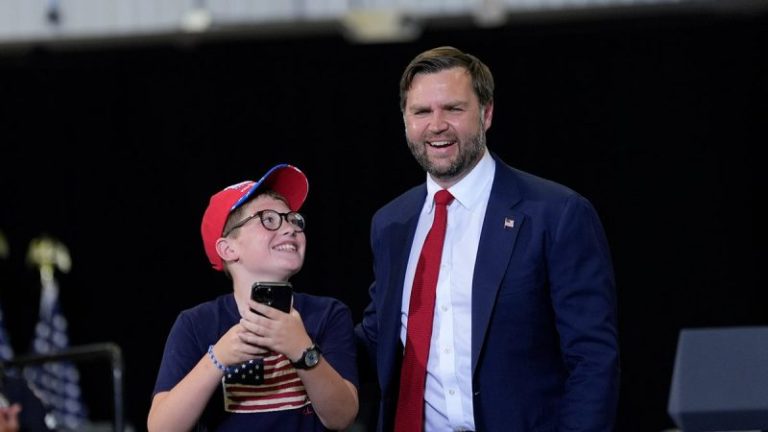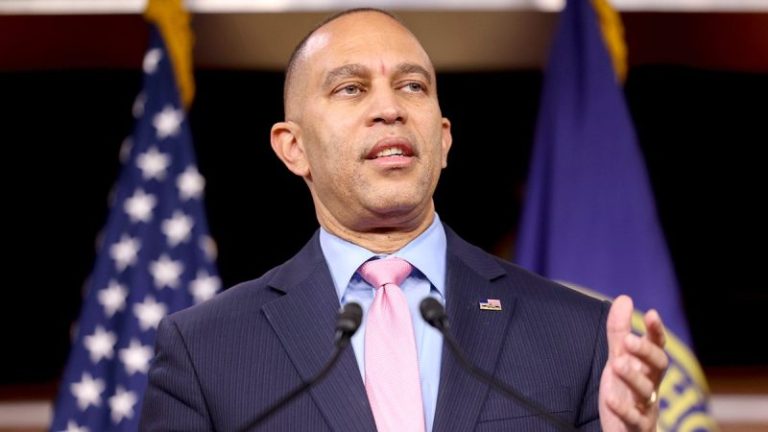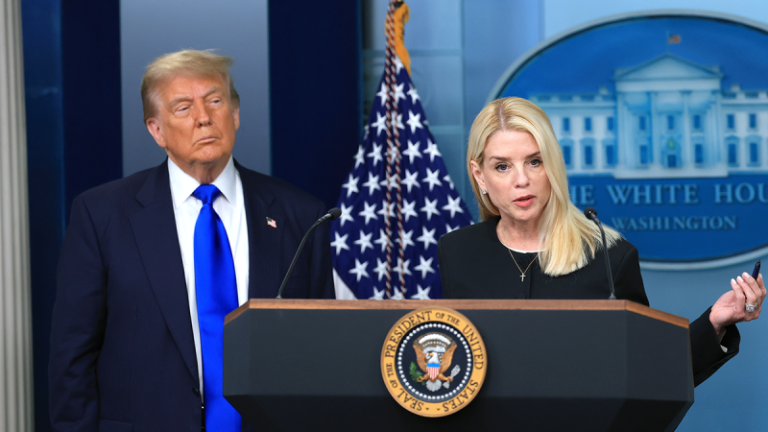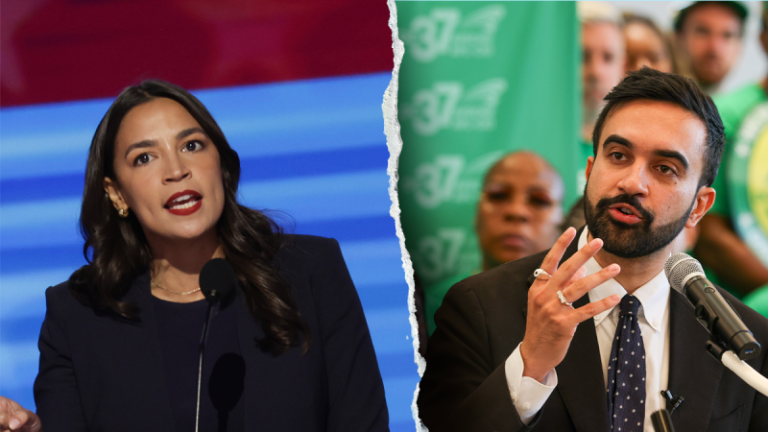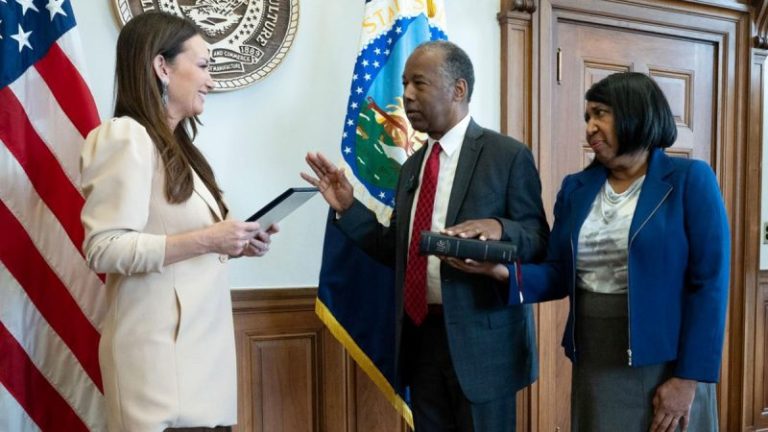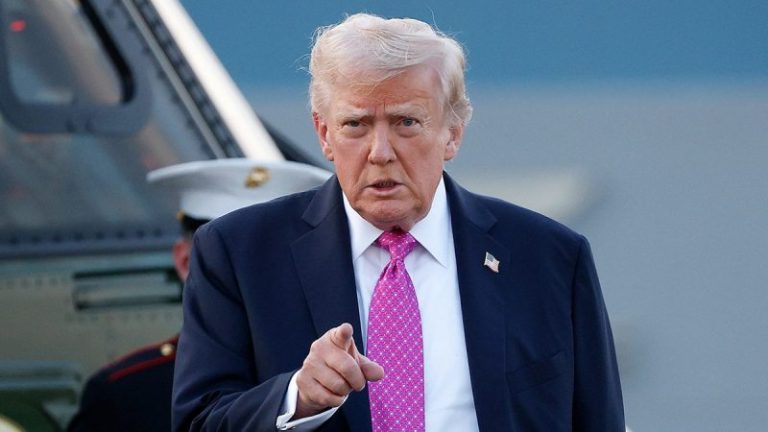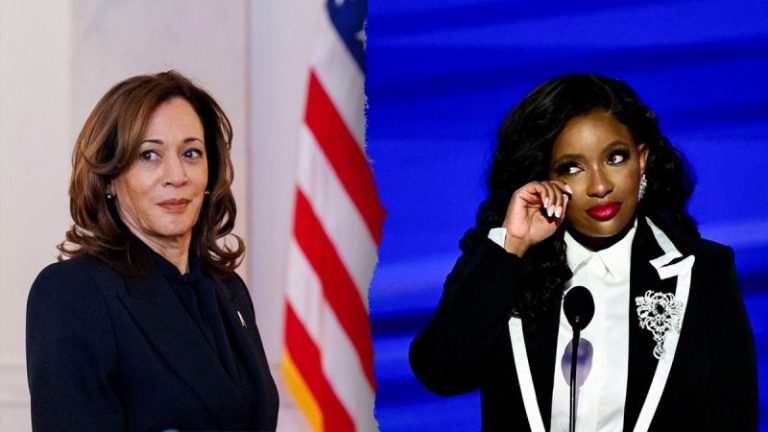Roseanne Barr is not holding back.
During a recent interview, the comedian called out the television industry’s hypocrisy, especially after late-night host Jimmy Kimmel made his return to his show.
‘It just shows how they think. I got my whole life ruined, no forgiveness, all of my work stolen and called a racist for time and eternity for racially misgendering someone,’ Barr said on NewsNation. ‘It’s a double standard.’
Her comments come just as ‘Jimmy Kimmel Live!’ returned to ABC, days after the host was suspended over his comments on conservative activist Charlie Kirk.
In 2018, Barr faced her own public controversies.
At the time, she tweeted about former Barack Obama adviser Valerie Jarrett, which triggered ABC’s cancellation of her show, ‘Roseanne.’
She wrote on Twitter that political figure Jarrett, who is Black, looked like the ‘Muslim brotherhood & planet of the apes had a baby.’
Though Barr deleted the tweet within hours and issued a public apology, ABC wasted no time in cutting ties. The network canceled the ‘Roseanne’ reboot.
Channing Dungey, who was ABC Entertainment’s president at the time, issued a scathing statement: ‘Roseanne’s Twitter statement is abhorrent, repugnant and inconsistent with our values, and we have decided to cancel her show.’
Looking back on her 2018 cancellation, Barr said Kimmel criticized her publicly despite having his own controversial past.
‘He called me a racist even though I said repeatedly, which they repeatedly censored, that it was a mistake,’ Barr told the outlet. ‘I thought that the woman was a white woman from Iran.’
Barr went on to call the controversy a double standard.
‘He called me a racist even though he himself appeared in blackface on their network many times,’ she added, referencing Kimmel’s past comedy sketches that resurfaced in 2020.
That abrupt shutdown marked a turning point in Barr’s career, one she said the network and media have never allowed her to recover from.
Barr predicted Kimmel’s comeback would be met with celebration from fans.
‘I think he’ll cheer himself on and his fans, all — what is it? — 2,000 of them. They’ll feel heartened and like they won another battle against Trump and the people of the United States. So, it’ll be a big celebration,’ she told the media outlet.
‘Maybe if he had defended me, maybe this wouldn’t have happened.’
Fox News Digital has reached out to Barr for additional comment.
After a nearly weeklong suspension from ABC, the late-night host returned to ‘Jimmy Kimmel Live!’ Tuesday night, opening with a somber, 30-minute monologue, walking back the comments that got him pulled off the air.
‘I don’t think there’s anything funny about it,’ Kimmel said, tearing up as he addressed the assassination of conservative activist Kirk earlier this month.
‘Nor was it my intention to blame any specific group for the actions of what … was obviously a deeply disturbed individual. That was really the opposite of the point I was trying to make.’
Kimmel acknowledged his original remarks may have been a misfire.
‘Felt either ill-timed or unclear or maybe both,’ he admitted.
Kimmel was suspended by Disney Sept. 17 after outrage erupted over his Sept. 15 monologue, in which he took direct aim at conservative media in the wake of Kirk’s murder.
‘We hit some new lows over the weekend with the MAGA gang desperately trying to characterize this kid who murdered Charlie Kirk as anything other than one of them,’ Kimmel said during the controversial episode. ‘And doing everything they can to score political points from it.’
Broadcasting giants Sinclair Broadcast Group and Nexstar Media Group, both of which carry dozens of ABC affiliates, announced they would be preempting Kimmel’s show due to what they called ‘ill-timed and insensitive’ commentary.


